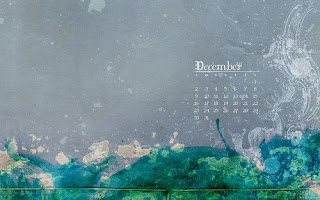
When men first began to plant seeds and harvest crops, they noticed that t he time for planting came at a regular time each year. Then they tried to count how many days came between one planting time and the next. This was man's first attempt to find out how long a year was!
The ancient Egyptians were the first to measure a year with any exactness. They knew that the best time to plant was right after the Nile River overflowed each year. Their priests noticed that between each overflowing the moon rose 12 times. So they counted 12 moonths or months, and figured out when the Nile would rise again.
But it still wasn't exact enough. At last the Egyptian priests noticed that each year, about the time of the flood, a certain bright star would rise just before the sun rose. They counted the days that passed before this happened again and found that it added up to 365 days. This was 6,000 years ago, and before that no one had ever known that there were 365 days in a year! The Egyptians divided this year into 12 months of 30 days each, with 5 extra days at the end of the year. Thus they invented the first calendar.
Eventually, the calendar was based not on the moon (lunar calendar) but on the number of days (365 1/4) it takes the earth to go around the sun (solar calendar). The extra quarter of day began to cause more and more confusion. Finally, Julius Caesar decided to straighten it all out. He ordered that the year 46 B.C. should have 445 days to "catch up", and that every year from then on was to have year of 366 days to use up the fraction left over in each ordinary year.
But as time went on it was discovered that Easter and other holy days were not coming where they belonged in the seasons. Too many "extra" days had piled up. In the year 1582, Pope Gregory XIII decided to do something about it. He ordered that ten days should be dropped from the year 1582. And keep the calendar accurate for all the future time, he ordered that leap year should be skipped in the least year of every century unless that year could be divided by 400. Thus 1700, 1800, and 1900 were not leap years, but the year 2000 will be a leap year!
This system is called the Gregorian calendar and is now used all over the world for everyday purposes, though various religions still use their own calendar for religious purposes!
-: Thanks :-

No comments:
Post a Comment